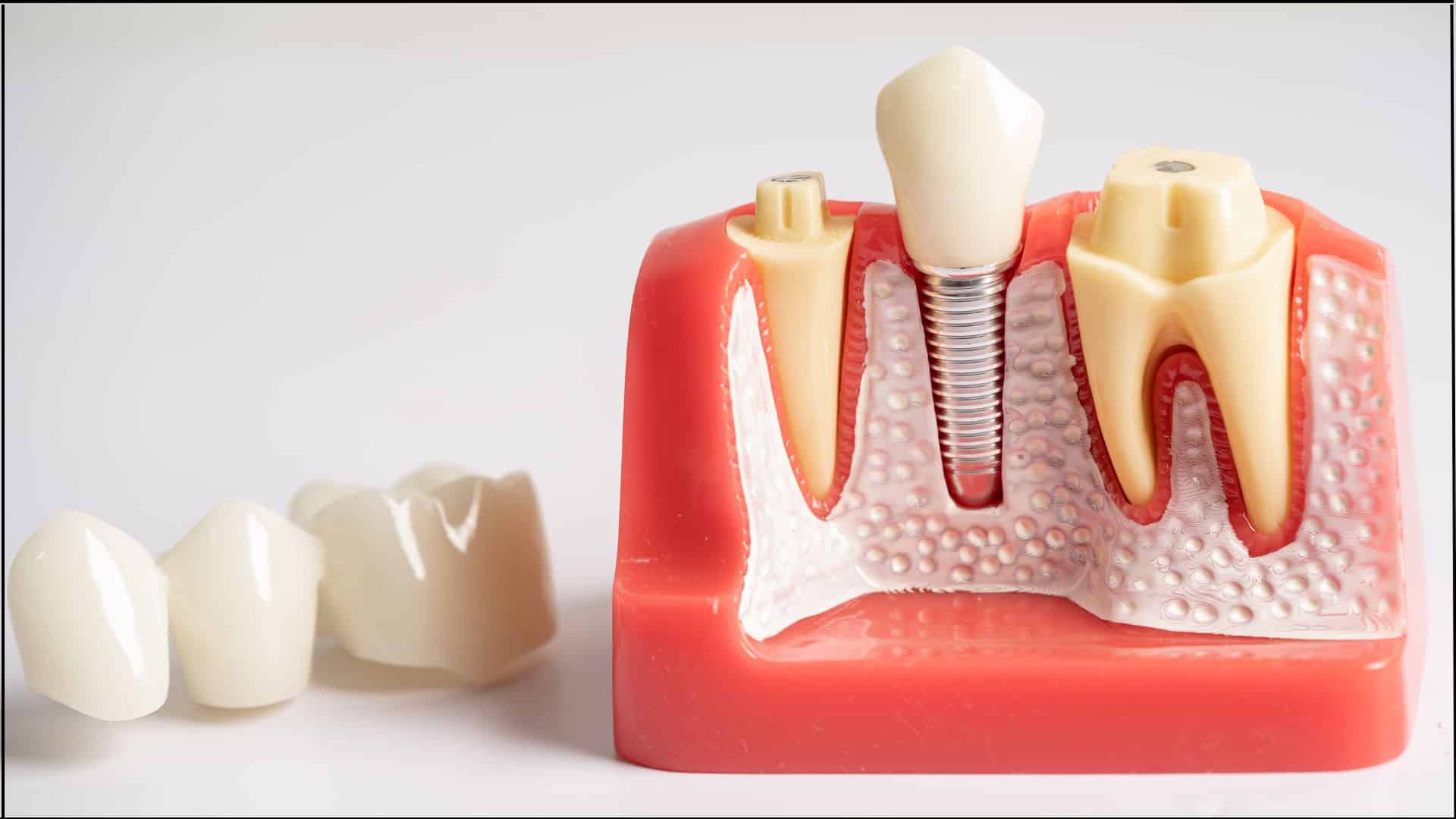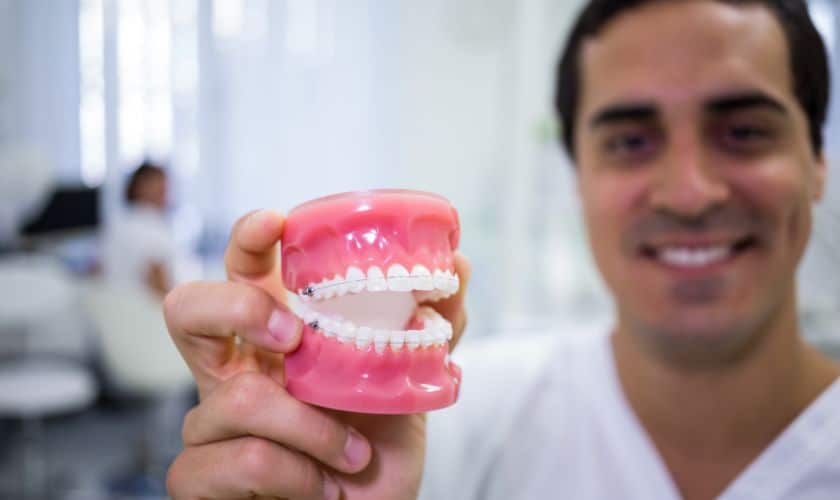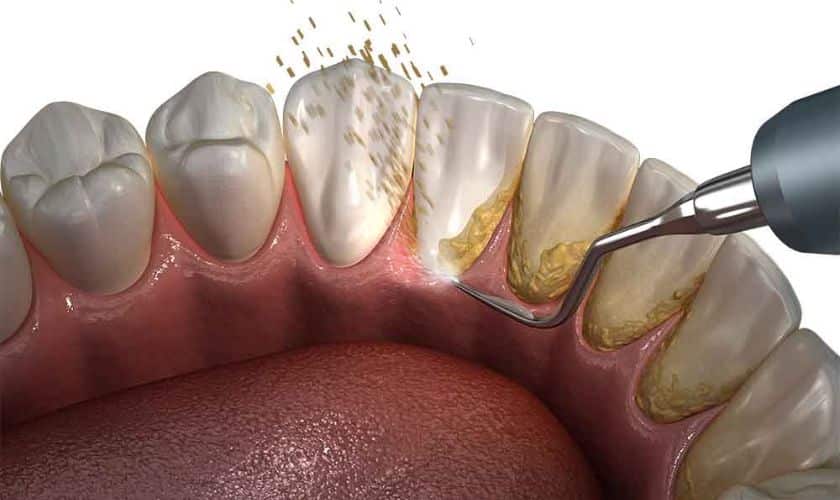
March 24, 2023
Tooth sensitivity is a common dental issue that can cause pain and discomfort. It can be caused by a variety of factors, including gum recession, tooth decay, and enamel erosion. Fortunately, there are treatments available to help reduce the pain and discomfort associated with tooth sensitivity. In this guide, we’ll discuss the causes and treatments of tooth sensitivity and how to say goodbye to this condition for good.
What Causes Tooth Sensitivity?
Tooth sensitivity is caused by a variety of factors, including:
Gum Recession: Gum recession is when the gum tissue around the teeth recedes, exposing the root of the tooth. This can cause the tooth to become sensitive to hot and cold temperatures.
Tooth Decay: Tooth decay is caused by bacteria that feed on the sugars in the food we eat. This can cause the enamel of the tooth to erode, exposing the sensitive dentin layer underneath.
Enamel Erosion: Enamel erosion is caused by acidic foods and drinks, as well as certain medications. This can cause the enamel of the tooth to wear away, exposing the sensitive dentin layer underneath.
Grinding and Clenching: Grinding and clenching of the teeth can cause the enamel of the tooth to wear away, exposing the sensitive dentin layer underneath.
Treatments for Tooth Sensitivity
There are a variety of treatments available to help reduce the pain and discomfort associated with tooth sensitivity. These treatments include:
Fluoride Treatments: Fluoride treatments can help strengthen the enamel of the tooth, making it less sensitive to hot and cold temperatures.
Desensitizing Toothpaste: Desensitizing toothpaste can help reduce the pain and discomfort associated with tooth sensitivity.
Bonding: Cosmetic Bonding is a procedure in which a tooth-colored material is applied to the exposed root of the tooth. This can help reduce the pain and discomfort associated with tooth sensitivity.
Root Canal: A root canal is a procedure in which the nerve of the tooth is removed. This can help reduce the pain and discomfort associated with tooth sensitivity.
Crowns: Crowns are a type of dental restoration that can help protect the exposed root of the tooth. This can help reduce the pain and discomfort associated with tooth sensitivity.
Conclusion
Tooth sensitivity can be a painful and uncomfortable experience. Fortunately, there are treatments available to help reduce the pain and discomfort associated with tooth sensitivity. If you are experiencing tooth sensitivity, it is important to speak to your dentist to determine the best course of treatment for you. With the right treatment, you can say goodbye to tooth sensitivity for good.
Recent Posts

Top Benefits of Using a Sedation Dentist in the Portland Area

Missing Teeth? How Dental Implants Can Restore Your Smile

Oral Cancer and Dental Professionals: The Frontline of Defense

Fresh Breath Quest: Knowing When to Seek Dentist Help for Bad Breath

